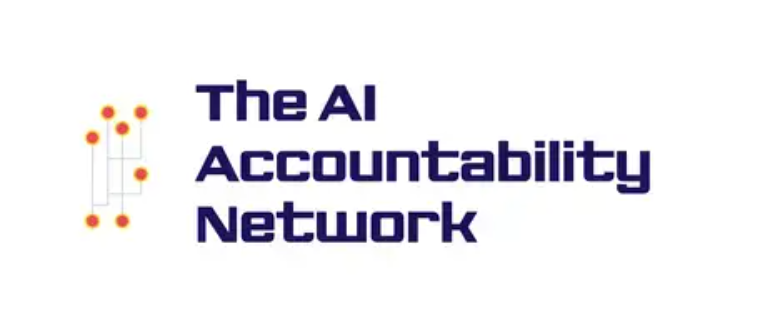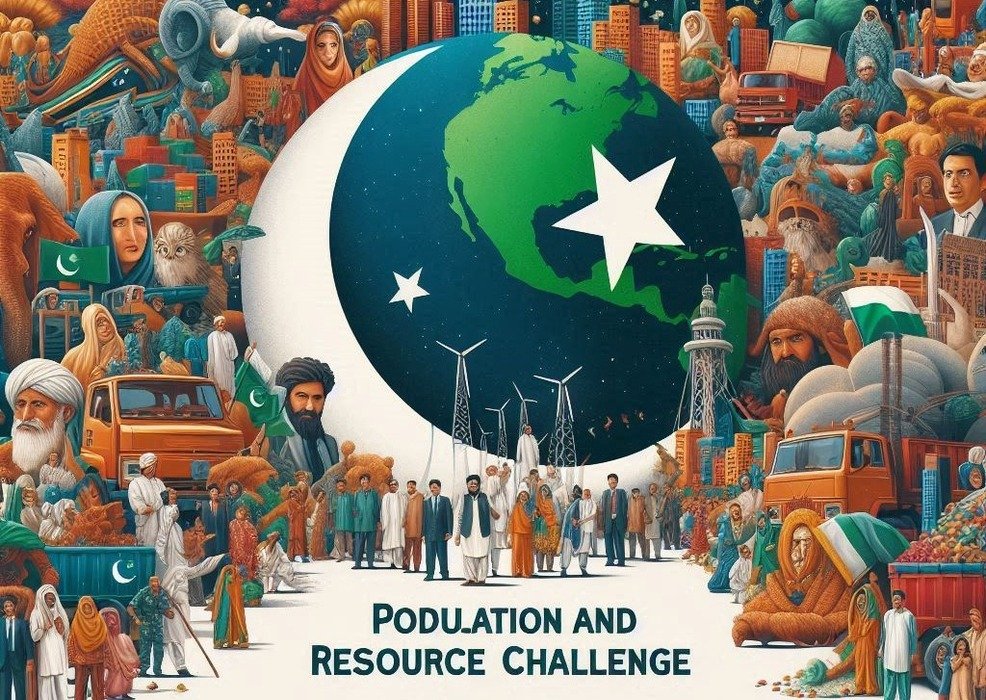…..
Through the AI Accountability Fellowships, the Pulitzer Center aims to support in-depth, high-impact reporting projects that document and explain the opportunities, harms, and regulatory and labor issues surrounding AI systems. The Fellowship program provides selected journalists with financial support, a community of peers, mentorship, and training to pursue in-depth reporting projects that interrogate how AI systems are funded, built, and deployed by corporations, governments, and other powerful actors.
The Fellows will have access to mentors from different fields and relevant training with a group of peers that will help strengthen their reporting projects.
Funding Information
- The Fellows are eligible to receive up to $20,000 divided in three payments. Please include a detailed budget explaining your reporting expenses. You may include a stipend to pay for your time if you are a freelancer. They expect newsrooms to pay for their staff members’ salaries.
What are the benefits of becoming an AI Accountability Fellow?
- The opportunity to work on an urgent, underreported issue for a substantial period of time.
- Access to mentors and specialized training opportunities.
- Pro bono legal and public records access support.
- A community of like-minded colleagues that will continue beyond your Fellowship.
- Financial support to cover records requests, travel expenses, data analysis, and stipends.
The opportunity to find strong collaborators for your project or future projects.
Specialty Fellowships
- The Pulitzer Center is recruiting eight to ten journalists from anywhere in the world to report on the impacts of algorithmic and automated systems in their communities. They encourage journalists from the Global South and from communities that are underrepresented in the media to apply.
- While they welcome projects on a broad range of issues, this year they are also placing special emphasis on certain topics. They are seeking to support at least one project on transparency and governance in relation to AI. This includes projects that follow the money across borders; shed light on opaque and harmful AI supply chains; or report on legislation, business practices, and organizations that exacerbate the lack of accountability and transparency of AI systems.
Expectation
- Successful applicants will be expected to join a mandatory 90-minute meeting held every month and to engage with other Fellows in virtual meetings and on the community’s dedicated online platform. Such collaborations and participation in training sessions and meetings are requirements of the Fellowship program. Working and learning with a diverse group of journalists from around the world can illuminate unforeseen connections among stories and strengthen everyone’s projects with new perspectives. If you are pursuing a good story but cannot commit to the requirements of a Fellowship, you can try applying for an AI Reporting Grant.
Who is eligible to apply?
- Staff or freelance journalists working on a wide range of platforms, including print, radio, video, and multimedia.
- Team players with the experience and/or ability to work collaboratively across newsrooms and borders.
- Reporters with a deep interest in how AI impacts the world, and why this issue matters to global well-being.
- Reporters willing to participate in outreach activities related to their investigations, such as events at schools and universities.
- Reporters can be based anywhere.
- The Fellowships are remote.





